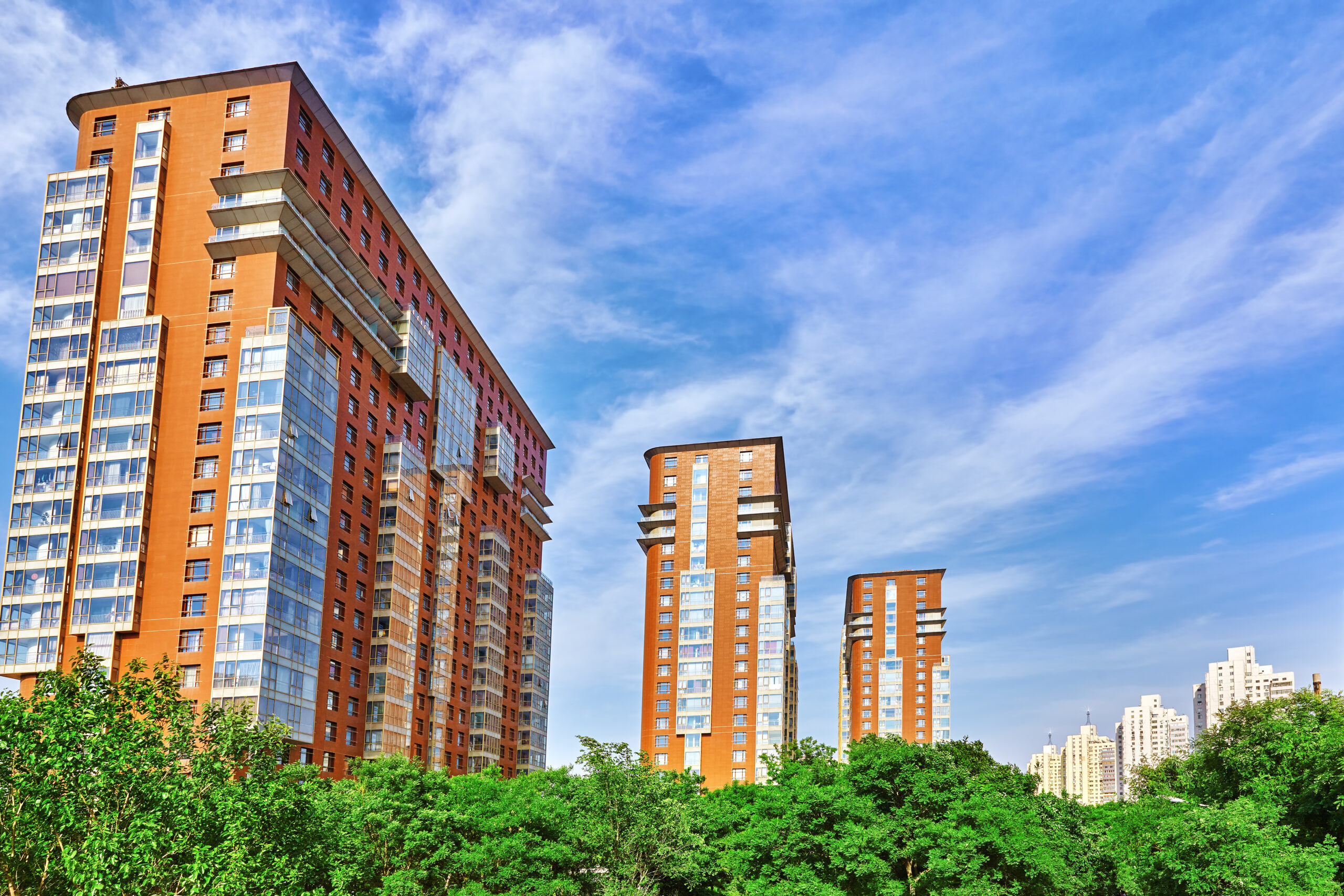The Chinese may seem passionate about buying houses.
China’s major cities have experienced a persistent housing boom in the past two decades. Riding on the wave of spectacular economic growth, Chinese home buyers snapped up units across cities and even overseas.
Undoubtedly, housing prices are high. This is seen particularly in a few major cities such as Beijing, Shanghai, Shenzhen and Xiamen. First, the housing supply is tight, while the demand is high in these cities. Second, the price to rent ratio does not seem right in these cities. It is too high. If buyers were to purchase based on the true worth of the units, the price to rent ratio would not be that high.
A housing bubble could be brewing. It brews mainly because citizens expect the housing prices to rise in the future.
MIT economics professor James Porteba explains this well. Buying a house is costly: you have to pay the mortgage, property taxes, maintenance costs, as well as forgo other investment opportunities. However, if the housing price goes up in the future, the capital appreciation may offset some of the costs, if not all. If the net costs of home ownership are less than rents, one will choose to buy a house, instead of rent, and vice versa.
But nobody can precisely predict the housing price at the future time point that the house is sold. People have to make a guess based on their expectations on the housing price growth rate. Therefore, if people expect the housing price to go up, home ownership becomes less costly (because the buyer would enjoy higher capital appreciation), which increases housing demand. In other words, more optimism about the housing market will feed the housing demand.
In my opinion, housing expectation plays an important role in explaining China’s housing frenzy.
In the past two decades, people held the belief that the housing market in China would never collapse. Real estate has been an important pillar contributing to GDP growth. Therefore, Chinese home buyers believe that policymakers would never let the market fall.
This is precisely a “guaranteed bubble” waiting to happen, according to Chinese academic Professor Zhu Ning in his 2016 book China’s Guaranteed Bubble.
The same year, another group of academics from Chinese and American universities published a paper which backed up buyers’ expectations of the housing price growth rate. The buyers had expected housing prices in China’s tier one and tier two cities to grow by a range of 4.5% to 7.3% annually. While these expected growth rates might seem high, in reality, the actual growth rates were even higher.
The Chinese government had paid attention to the growth. In 2016, President Xi Jinping commented at the 19th party congress that “houses are for living in, not for speculation”. This statement signaled people to lower their expectation of speculative returns from housing investments. It was also a point frequently emphasized by the authorities in the past five years.
The recent Evergrande crisis and the pilot property tax reform may further lower people’s expectations on the growth in housing prices. According to the latest Urban Depositor Survey by the People’s Bank of China for the third quarter of 2021, only 19.9% of respondents expect housing prices to grow in the next quarter, compared to 25.1% in the third quarter of 2020, and 29.3% in the third quarter of 2019.
What are the implications of this lower expectation? The costs of home ownership will increase, because the expected capital appreciation becomes less. Therefore, more people may switch from buying to renting a unit. This will cause a reduction in housing price and a rise in rents (and a reduction of price to rent ratio).
Meanwhile, transaction volume may decline in the housing market, since sellers may be reluctant to sell at lower prices. The housing market may become less active in the short run.
The Chinese government would not wish to see a significant drop in housing prices. It wants people’s expectations of housing prices to have a “soft landing”, instead of a hard crash.
To achieve this, we need to understand that people form their expectations based on their beliefs, and update their beliefs through information acquisition. There is a growing interest in the academia on how people form their expectations of housing prices through information acquisition.
For example, people may be influenced by their social networks – researchers from Harvard University, New York University and Facebook find that individuals whose geographically distant friends on Facebook experienced larger recent house price increases are more likely to transition from renting to owning. They also buy larger houses and pay more for a given house which may not be rational.
Another paper on housing expectations by the University of Michigan suggests that policymakers may not want to make more information widely available and easily accessible, because individuals may not know which information they should focus on. Instead, the policymakers should provide home buyers with limited but relevant information, or guide them to weigh and interpret the various pieces of information.
In August this year, China started to take actions to regulate WeChat public accounts on financial and economic news, because the quality of such information cannot be warranted. Misinformation could spread widely on social media, wrongly influencing the readers’ expectations.
Overall, property speculation in China will come to an end with the principle that “houses are for living in, not for speculation”. The recent Evergrande crisis and the pilot property tax reform may serve as a propeller to further lower buyers’ expectations of China’s housing price growth. But how to gently lower this expectation requires more nuanced management on information provision.
The article is an abridged version of the one first published on ThinkChina.




